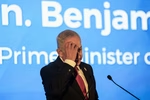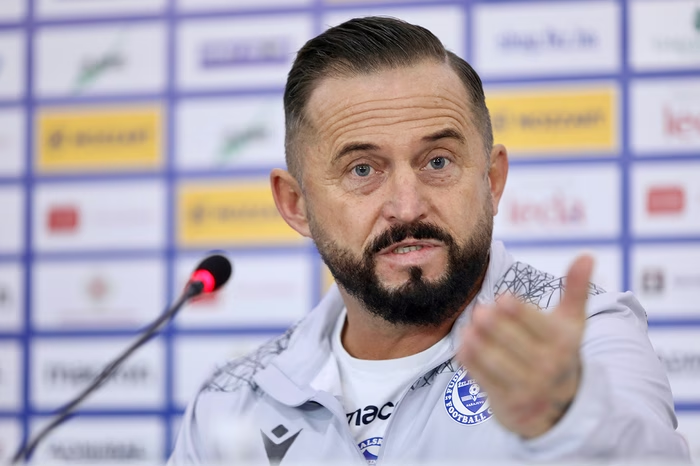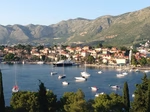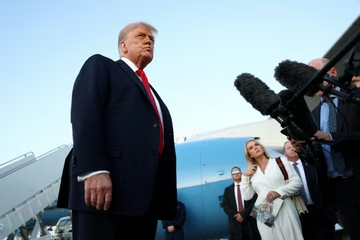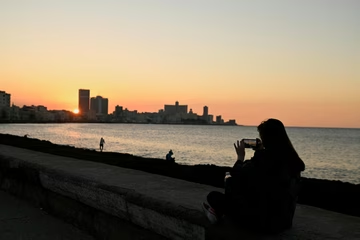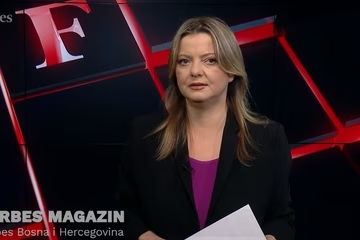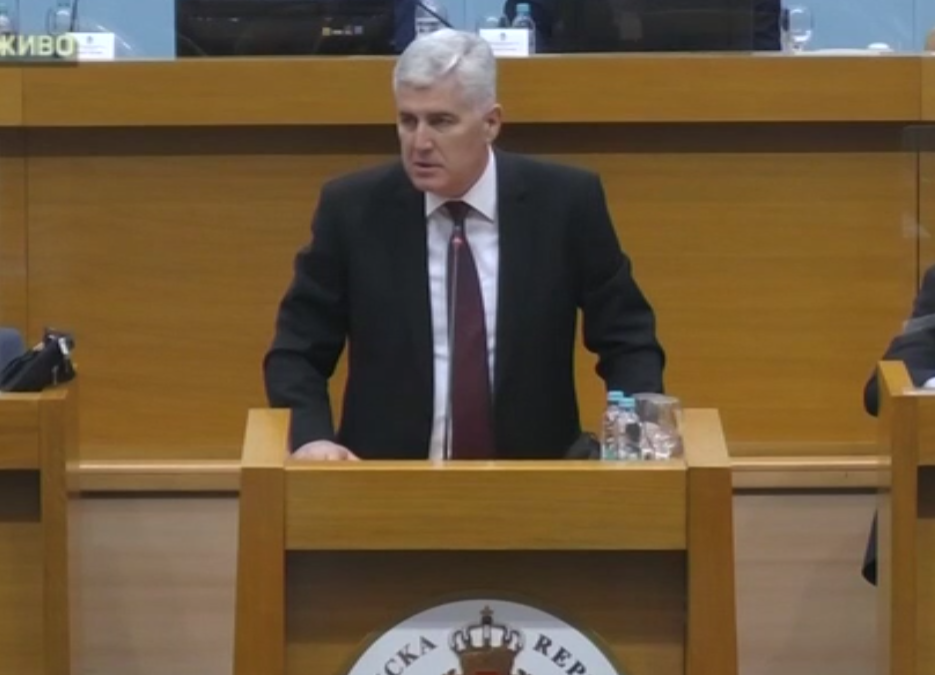
Speaking at a special session of the National Assembly of Bosnia’s Republika Srpska (RS) entity, the leader of the strongest Bosnian Croat ethnic party, Dragan Covic, urged RS representatives to end their boycott of state institutions arguing that this is the best way to defend the entity and oppose attempts to turn Bosnia into a “unitary” state.
Covic, the leader of the Croat Democratic Union (HDZ BiH), as well as Bakir Izetbegovic, the leader of the strongest Bosniak party, the Party of Democratic Action (SDA), were invited to speak about the political situation in the country at the session. Izetbegovic declined the invitation.
Covic explained that there was a lot of disagreement among the Bosnian Croat community regarding whether he should address MPs in the RS as well, but that he decided to do it in the end.
According to Covic, no one spoke about the current political government during the talks with foreign officials in Neum over the weekend but only about the election law "although it is clear to everyone" that BiH has not been a state governed by the rule of law for a long time and the executive or legislative power does not function.
"What does function a little bit is the representation of individuals, the Presidency, the Council of Ministers and the like. Some ministers, when speaking outside BiH, speak on their own behalf, and not in a way that is according to the Constitution. I am sure that we have no choice but to look for common solutions through such talks. That motivated me to come, regardless of the inconveniences one may experience,” Covic said.
The HDZ BiH leader argued that differences in thinking about BiH's history have spilt over into strategies for BiH's future.
He then spoke about the details of the meeting in Neum, arguing that the position of “constitutional peoples” was discussed extensively and reiterating his position on legitimate representation.
"When it became clear that this issue is not a matter of discrimination, then it was clear that Bosniak representatives do not want to negotiate. Because their basic principle was to delete ethnic determinants from the preamble of the Constitution of the three constituent peoples. In the long run, that would mean that everyone decides for themselves,” he said.
Covic said that another issue that was strongly emphasised during the talks was the representation of ‘Others’ - those in Bosnia not belonging to any of the three ‘constituent peoples’, and that one of the solutions proposed was to add a fourth member to the state Presidency.
“That would mean erasing the constituent peoples for both the House of Peoples and the Presidency,” he said, arguing that it was an attempt to push for a ‘civic state’.
“We had a clear position, the primary attempt to change the constitution on the civic concept without institutional debate is a clear path to civil unitary BiH, which can be an incentive for separatism for someone to protect themselves,” he said, adding “we must not fall into this trap.”
“It is imperative to preserve the Constitution of BiH, Annex 4 of Dayton prevails. I think that opening the issue of the Constitution is extremely risky for all relations in BiH. Preserve peace in BiH at all costs. It is better to negotiate for hours and irrationally than to count the victims,” he said.
He then concluded that "BiH can survive exclusively as a country of three constituent peoples".
"Protect Republika Srpska. You have expressed so many emotions here that everyone can envy you. Please leave the door open for the other two constituent peoples as well. You will best protect RS by defending it from within BiH institutions," he said.
Kakvo je tvoje mišljenje o ovome?
Učestvuj u diskusiji ili pročitaj komentare





 Srbija
Srbija
 Hrvatska
Hrvatska
 Slovenija
Slovenija












